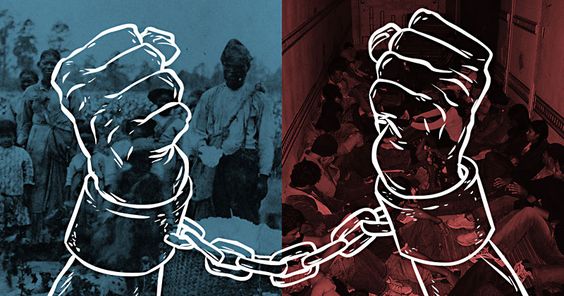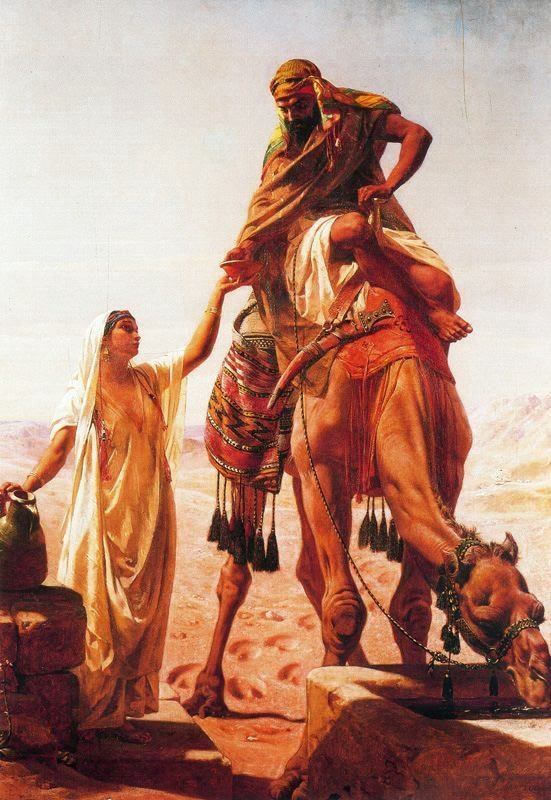
Living in the desert as nomads, the Arabs in the early days had no opportunity to develop the arts of architecture or painting.
Andry-Andreja Jakuš
We should keep in mind that Arabic Poetry was entrusted with the privileged momentum to flourish even before other art genres were known by Arabs.
Until today, the Arabs would proudly look back to that era, with certain nostalgia, even though, as is indicated by the name Jāhilīyah, ‘a society only loosely organized in tribes and with no established leader, a time in which tribe was pitted against tribe.’
Living in the desert as nomads, the Arabs in the early days had no opportunity to develop the arts of architecture or painting.
So they did not get an opportunity to develop decorative crafts, the aesthetic urge thus became concentrated in the Art of Poetry.
Indeed, the Arabs have inherited from Pre-Islamic times an imposing body of robust poetry that has set the standard for successive centuries.

The Arabic word for ‘poetry’ is ši’r, and it triple-consonant root is š-‘-r has a basic meaning that is concerned with ‘feeling’. Such “fact” may put us into position to suppose that Arabs would regard poetry to be much in the personal domain.
This poem MOALAQA, the poem that you will always remember, consists of 79 verses.
The 16 verses below are taken from different sections of the poem:
ANTARAH IBN SHADDAD
Have poets left aught that had not before been told?
Do you now know the house you did not know of old
O Ablah’s “Jiwaa’” home, of beloved ones, do tell
Good morn, Ablah’s home! May you ever fare safe and well
Jiwaa, Ablah has chosen as a place to stay
“Hazn”, “Samman” and “Mutathallim” were our folks’ way
…
Should you, when seeing me, at once put on your veil
Know that I’m good at slaying knights in coats of mail
What you know of my good traits, you should others tell
If I am not wronged, with others I fare quite well.
But if I’m wronged, in punishment I’ll be hard and free
And as bitter as bitter-apple e’er could be
At night I took drink after hot winds came to rest
Drink bought with a coin whose condition was the best
From yellow bottle of many a fluted line
And from a white cloth-stopp’d ewer, I poured my wine
…
I kept what my uncle entrusted to my care
During battles, when tightened lips one’s teeth laid bare.
From bloody fields of death, heroes ne’er back away.
But of death’s horrors they mutter what they must say.
Tween them, and foes spears, they place me in tightest spot.
I cower not, but space to fight I have not got.
The self-urging host had advanced on us in force.
I wheeled at them straight on, and blameless held my course
…
My soul’s canker when knights to me called out
“Curses, Antara! Advance and put them to the rout!
Steeds, scowling with horror, tear through low, pot-holed ground
Large, small, hirsute, smooth — all are to the battle bound.
Wherever I lead my camels, me they will e’er obey,
My mind e’er leads me to the straight and righteous way
I’m loath to die while the battle is still not on.
__________________
Andry-Andreja Jakus, a Professor at Hacettepe University, Zagreb, Croatia, is Academic Writer, Bibliographer, Lexicographer, Translator, Language Tutor and Reviewer. In her columns, she writes on poetry, philosophy, cultural studies, history of religions etc.
Courtesy: LinkedIn – Published with permission of the author